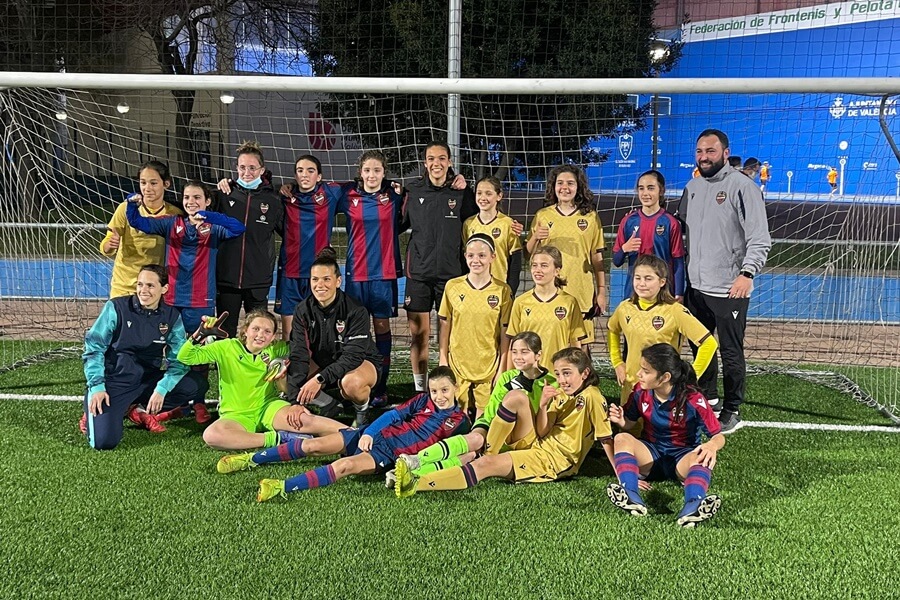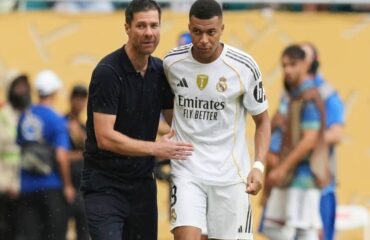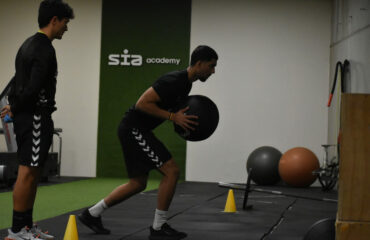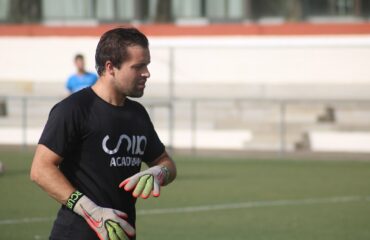Competition and base football. Compatible or utopia?
A decade has passed since the Spanish National football team, along with its top-flight league, established themselves on the podium of footballing excellence. Far from it are those idioms, bad jokes and laughs about the representation of our team in World Cups and European competitions, giving way to a constant feeling of hope, high expectations and, above all, enthusiasm for titles. But has it been a matter of luck, or the result of years and years of hard work and effort?

Was it a matter of luck, or the result of years and years of effort and hard work?
Undoubtedly, as with any other type of performance, the end result does not depend on short-term planning or last-minute effort, but rather on building “the house” well reinforced from the ground up. Spain has a long and extensive football culture, with large investments in training and education from the ground up. Nowadays, we have countless base football schools that are in charge of teaching the children of the country from a very young age in order to get the most out of the footballing potential that each one of them has.
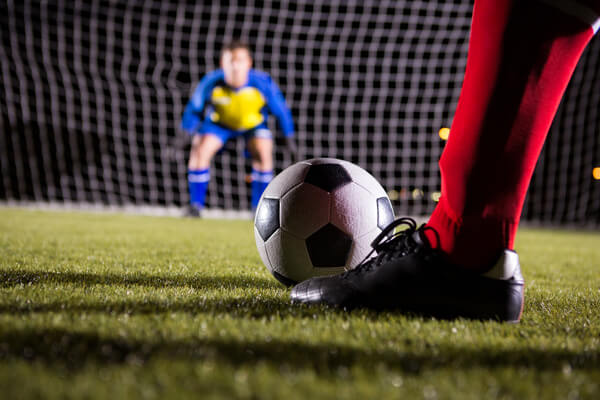
But it is precisely in the concept of “base football” where people are often confused, as there are many controversial aspects of their implementation that are not clear how to implement them. These confusing points are the ones that give rise to errors in training and in their demands, which can lead to a series of psychological pressures on the child that, without sufficient means to face up to these demands will make him or her feel uneasy and, in the worst cases, may lead to the withdrawal from sport.
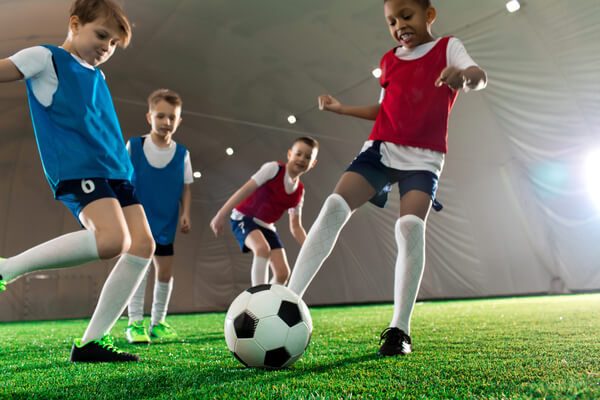
The star topic on the discussion forums is competition at an early age. On the theory, the childhood stage in an athlete is to acquire tactical and technical concepts, and above all to develop the child as an athlete with the values inherent in his or her practice.
But it is impossible to isolate those aspects that need improvement and to focus only on them, as you cannot take your eyes off the competitive nature of the sport, because a football match has a scoreboard and its purpose is to score more goals than the opponent. Both dimensions, development and competition, make up the whole essence of football, but assembling them in a natural and balanced way is a difficult task that requires a lot of reflection and planning.
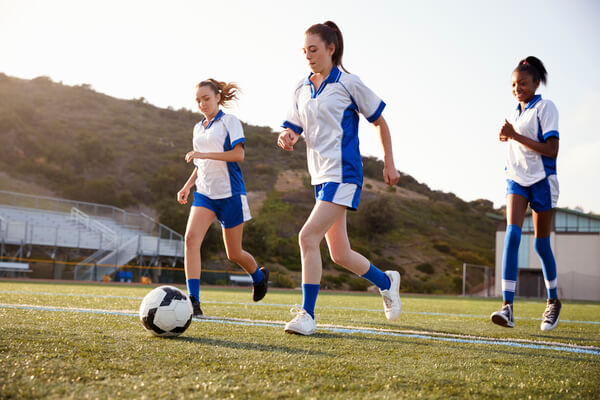
The problem arises when it comes to establishing a line that separates pure training, and its development as an athlete, from the competition applied on the field of play. Both are not necessarily incompatible concepts, but referring to the childhood stage in the footballer’s training, and depending on whether we only want development or only competitiveness, the learning process can be seriously conditioned. This means that if efforts are focused on achieving success and trophies, the working method and training can be impregnated with demands and the frustration they generate in the child.
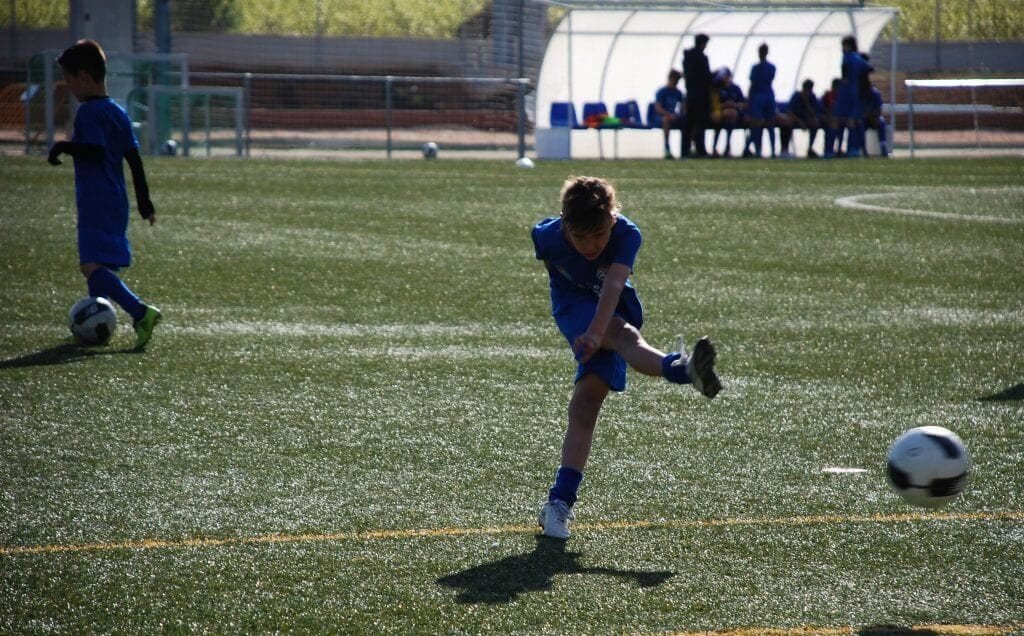
To delve further into the subject properly, it is interesting to take into account Nicholls’ (1989) and Roberts’ (1993) “goal-achievement theory”, in which the relationship between task orientation and the motivation that the athlete perceives in terms of these is mentioned.
According to the theory, there are the goals of ego orientation, which are characterized by being more focused on the result and on the comparison of one’s own competencies with those of others; and on the other hand, there are the goals of task orientation, characterized by a focus on process, task mastery, development and learning.
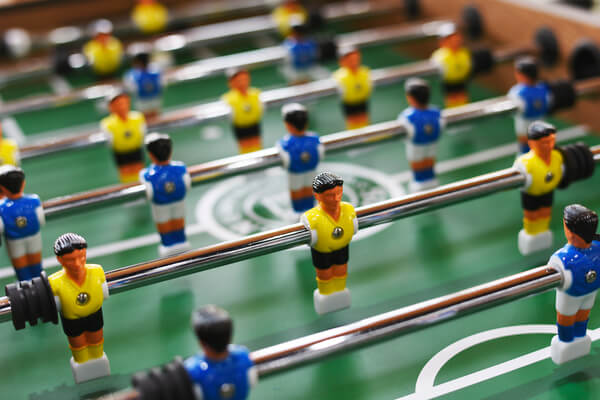
In the case of task orientation, the athlete will react with fewer levels of frustration to a failure, as he or she sees its development as a process, with ups and downs and variety of execution. In contrast, the ego-oriented will suffer from higher levels of frustration in the face of defeat or failure, as the importance of performance focuses on the outcome and victory.
If we extrapolate it to the field of motivation, in the face of continuous episodes of failure and with the focus on victory, the player’s motivation levels can fall because of not reaching the established goal. Therefore, and to mitigate the effects of this decrease in motivation, it is interesting to give importance to the learning process and above all to show players that there are other goals that are not reduced to achieving a victory.
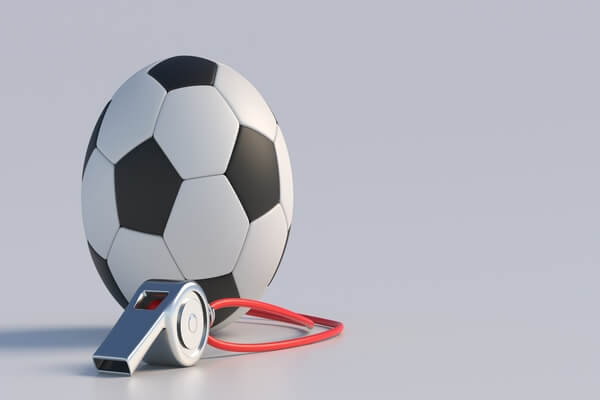
Is high competitiveness better for training?
Thus, it is necessary to warn that in base football sports plans that are positioned for high competitiveness it is possible that players may suffer decreases in motivation if they do not see a victory.
Above all, we must prevent young people from reaching the point of abandonment, since this would be the most drastic consequence, although there are other fatal consequences that are not abandonment and can also harm our children, such as depressions.
Despite this premise, I think it is a mistake not to set objectives that seek a certain degree of competitiveness, because otherwise children will not become familiar with football at its best and in the future it will slow down their development as footballers by being less prepared.
Magic Formulas?
In conclusion, there is no master formula by which to find the secret of where to set the goal at each stage of child development, but it is more appropriate to design a strategy to gradually increase competitive demands and thus awaken the desire in the athlete to improve their sports conditions. As well as taking into account that it is more interesting to broaden the focus on the personal development of the player than to have to reduce the importance of competitiveness.
After all, only the coach knows his squad and the personal status of each of his players. We must not forget that they are children and that, as such, they must enjoy their development, learn from the demands and defeats, but always extracting the positive side and how to improve as a person and sportsman.
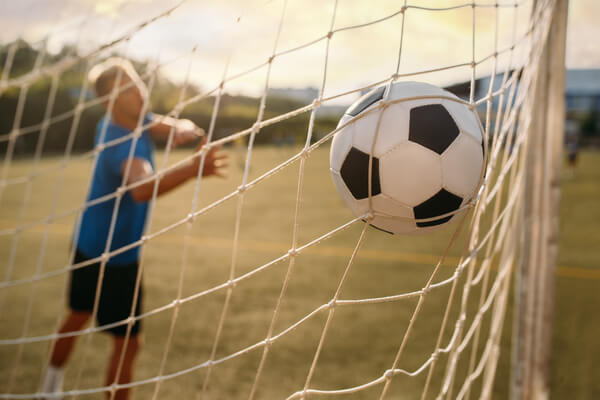
Javier Rivera Triguero
Psicologo Deportivo FC Porto DFV



